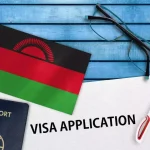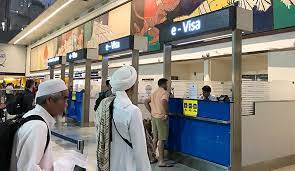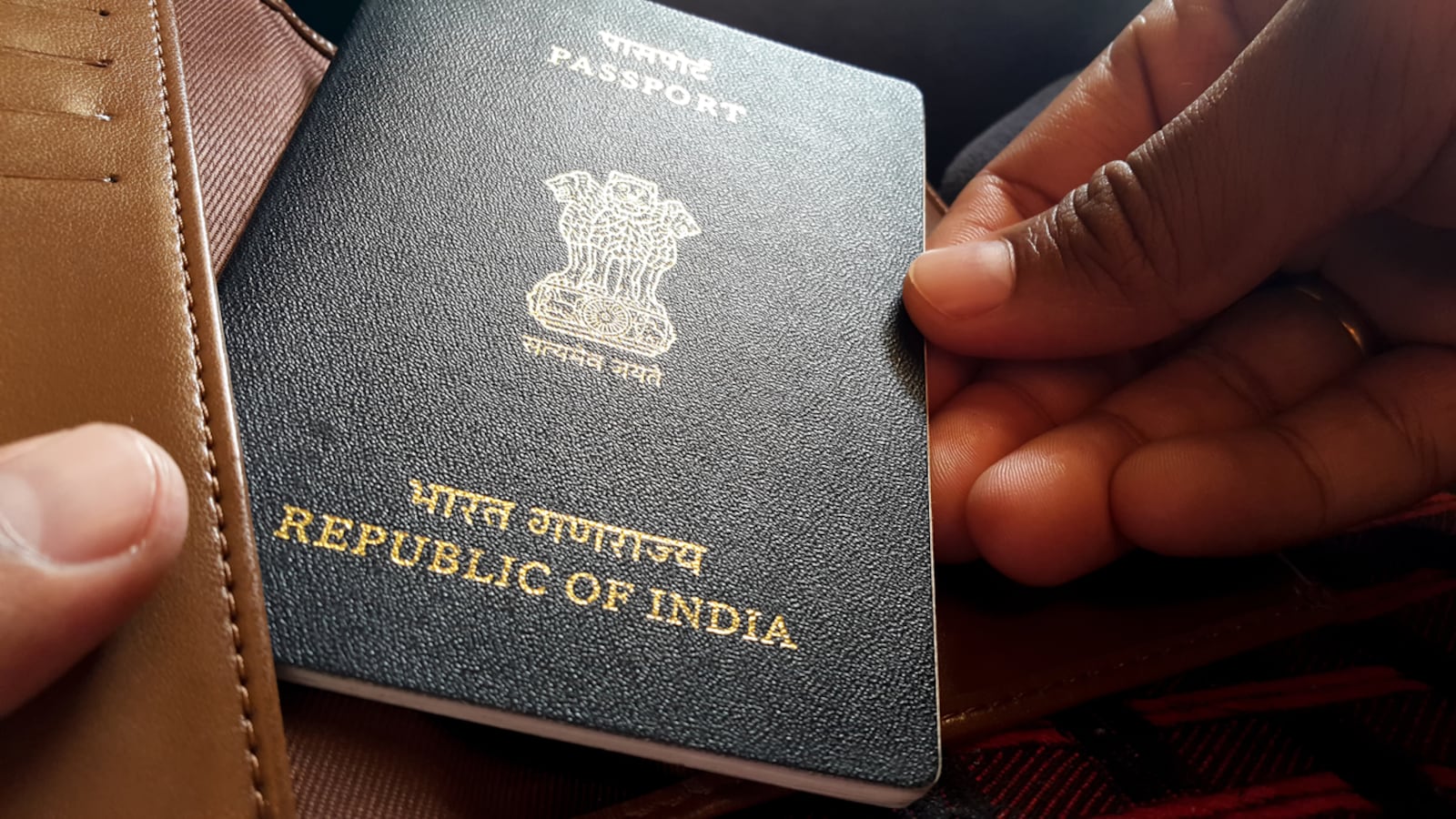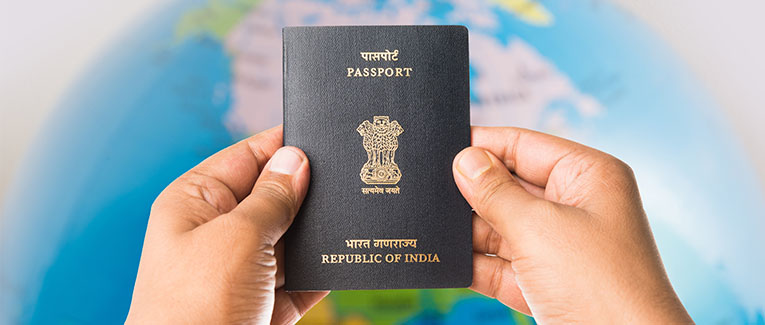Welcome to our blog post on navigating Indian eVisa entry requirements for airport and seaport travel! Traveling to India can be an exciting experience, but it’s important to understand the visa requirements before you go. With the introduction of the eVisa system, obtaining a visa for your trip has become easier than ever. However, there are still certain entry requirements that you need to be aware of in order to ensure a smooth arrival into the country. In this post, we’ll guide you through everything you need to know about applying for an Indian eVisa and what documents you need when arriving at an airport or seaport in India. So let’s get started!
What is an Indian eVisa?
If you are traveling to India for tourism, business, or medical purposes, you may need an Indian eVisa. An Indian eVisa is a visa that allows citizens of India to travel to other countries in the Schengen Area (including the United Kingdom, Ireland, and Denmark) for up to 90 days. Indian eVisa Airport and Seaports for Entry
To apply for an Indian eVisa, you must first complete an online application form. The form asks for your full name, date of birth, passport number, country of citizenship, and residency status in India. You must also provide your passport photo and a copy of your visa application letter from your home country.
Once you have submitted your online application form, you will need to submit supporting documentation. This documentation includes: a proof of health insurance coverage for at least $5,000 per trip (or equivalent), evidence that you have enough funds available in cash or traveler’s checks for at least 6 months after your return from India, and a letter from the organization or person sponsoring your trip stating that you will be working on their behalf.
You may also be required to attend an interview before your Indian eVisa can be issued. If you are applying through a travel agency or tour operator, they will likely arrange this interview for you. If you are applying directly with the Indian Embassy or Consulate yourself, they will likely require that you attend this interview in person.
How to Apply for an Indian eVisa?
If you are traveling to India for tourism, business, or medical reasons, you will need an Indian eVisa. The requirements for obtaining an Indian eVisa vary depending on your destination and type of travel.
You can apply for an Indian eVisa through the websites of the Indian Embassy or High Commission in your country of residence. To apply online, you will need to provide your passport information, a copy of your visa application form (if applicable), and payment information. You may also be required to submit additional documentation, such as a health insurance certificate or police report. Indian eVisa ports allowed for exit
To apply for an Indian eVisa through the embassy or consulate in your country of residence:
-Visit the website of the Indian embassy or consulate
-Scroll down to “How to Apply”
-Complete the online application form
-Pay the requisite fees
-Upload any required documents (such as proof of citizenship)
-Wait for processing
What are the Requirements for an Indian eVisa?
In order to obtain an Indian eVisa, you will need to meet the following requirements:
-Be a citizen of India or have a valid visa for India
-Be in possession of a return or onward ticket out of India
-Have enough money to cover your stay and any associated expenses in India (USD $160 per month)
-Have proof of sufficient funds available when you apply for your visa (a bank statement, credit card statement, etc.)
Indian eVisa Ports of Entry and Exits
There are a few Indian eVisa Ports of Entry and Exits that you may want to consider if you are traveling to India. The most common entry points into India are the airports in Mumbai (Bombay) and Delhi. You can also enter through the airports in Kolkata, Chennai, and Hyderabad.
The eVisas that are available for citizens of many countries are not valid for travel to India. Citizens of Afghanistan, Bangladesh, China, Eritrea, Ethiopia, Ghana, Haiti, Indonesia, Iran, Iraq, Nigeria, Pakistan*, Sri Lanka**), South Sudan*, Turkey***), and Venezuela must obtain a visa before entering India. To obtain an Indian eVisa you will need: Proof of your citizenship – a copy of your passport or other government-issued identification;
A visa application form – available from Indian embassies or from authorized travel agents in your home country;
A valid passport with at least six months remaining on the validity date;
The correct visa fee (currently $60). *Pakistan citizens who hold an Electronic Travel Authorization (ETA) or Transit Visa will be exempt from having to apply for an ETA/Tourist Visa before entering India. **Sri Lankans who hold a valid tourist visa will be exempt from the requirement to apply for an Indian eVisa prior to departure. ***Turkish citizens who hold a valid national ID card and Restricted Area Passport will be exempt from the requirement to apply for an
Conclusion
If you’re planning to travel to India, it’s important to be aware of the entry requirements for airport and seaport travel. While visa requirements may vary depending on your nationality, most people need a valid passport and a visa for India if they are traveling for tourism or business. Additionally, many visitors will require an e-visa in order to visit certain tourist destinations. Make sure you have all the required documents before departing for your trip so that there are no surprises when arriving in India.





























